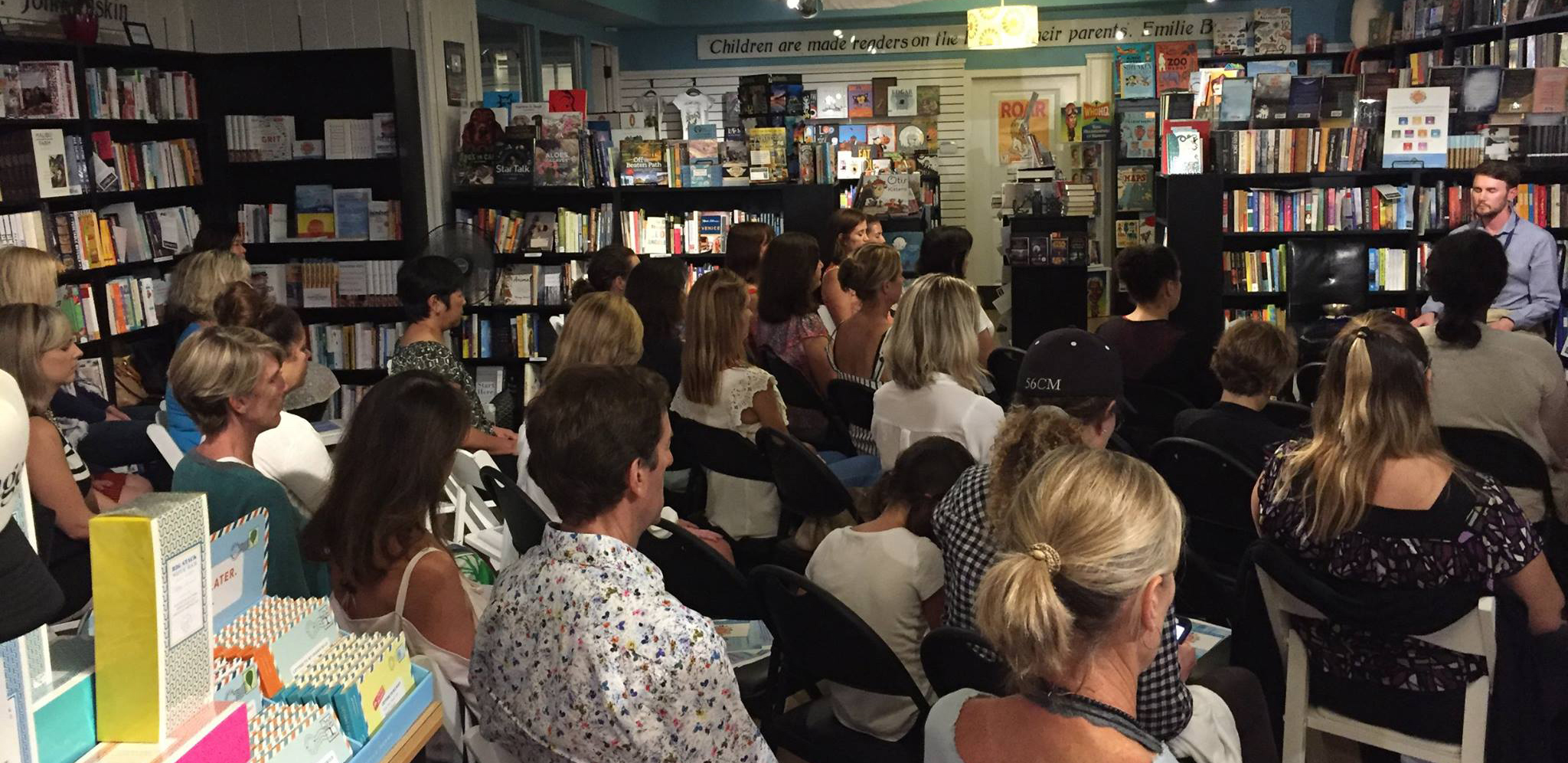Recent data shows 40 percent of 11th graders in the Beach Cities report current drug and/or alcohol use
A higher-than-average rate of drug and alcohol use among teens in the Beach Cities has been a lingering health problem that many organizations have been working to address for years. Yet, measurable successes have been few and far between, as evidenced by recent California Healthy Kids Survey (CHKS) data showing 40 percent of Beach Cities 11th graders reporting current drug or alcohol use — a 25 percent higher rate than students in the Los Angeles Unified School District.
“We’ve known the numbers in Redondo Beach and Manhattan Beach are higher than the county and state – and we’ve struggled to effectively address the issue for the past 10 years,” said Beach Cities Health District (BCHD) Chief Medical Officer Dr. Kim. “Recently, we took a hard look at current research and outside communities experiencing successes, and found that educating parents is just as important as substance use prevention programming in schools.”
Also supporting a parents-first approach were recent studies by the Substance Abuse and Mental Health Services Administration and the National Institute on Alcohol Abuse and Alcoholism that confirmed children are less likely to drink when their parents are involved in their lives, and teens who eat with their family five to seven times per week are 33 percent less likely to use alcohol.
One organization already piloting a parent-centric method locally was South Bay Families Connected, a non-profit organization formed by parents and community leaders in 2015. The group funded the creation of the South Bay Families Connected project, which offers parents a modern way to access the information, resources and support needed to help their kids reach their full potential and live healthy lives. The website, southbayfamiliesconnected.org, is a central component of the project – as thousands of parents have accessed its online parent and teen resource centers, shared their stories on its blog and discovered parent education events.
In addition to South Bay Families Connected, BCHD looked to Franklin County in Massachusetts, a rural area that was experiencing alarmingly high rates of alcohol and drug use among teens in grades 8-12, as a community case study of sorts.
Franklin County formed the Communities that Care Coalition in 2003 to bring county schools, parents, youth, and community leaders together to promote protective factors, reduce risk factors and prevent substance use. Parent education and outreach was at the core of the coalition, which successfully reduced alcohol use by 37 percent, binge drinking by 50 percent and marijuana use by 31 percent in 10 years.
“When you look at the data, it’s very evident what strategies work,” said Dr. Kim. “As an organization, we are always going to go where the research leads, and that approach informed our decision to partner with South Bay Families Connected.”
One of the ways South Bay Families Connected and BCHD are bringing families together is through monthly community wellness workshops at Pages bookstore in Manhattan Beach. The workshops, which are facilitated by subject-matter experts from accredited institutions, provide those in attendance with evidence-based strategies and tips, and encourage open dialogue about the issues facing parents today, like those recently expressed by Manhattan Beach mom, Lisa.
“Parenting two middle school kids is challenging and often feels overwhelming,” she posted on the South Bay Families Connected blog. “MBMS Families Connected has given me a wealth of resources for both parents and teens all in one place. It’s also opened up a safe space for conversation between parents to discuss the tough topics such as drugs and alcohol, stress, and social media.”
Dr. Kim added that the importance of parents communicating clear disapproval of underage drinking or drug use can’t be understated, because even a small amount of perceived parental acceptability can trigger substance use. And the younger a person begins to use, the higher the risk of addiction.
“Parents have the ability to make the biggest impact on teen substance use, but the first step is education,” said Dr. Kim, a father of three. “Once parents better understand the strategies that are proven to work and begin to utilize the many local resources available to them, that’s when we will start seeing more positive results. It takes a united community to raise a healthy generation of kids.”
For more information – including how you can help local students live healthy, fulfilled lives – visit www.southbayfamiliesconnected.org .




